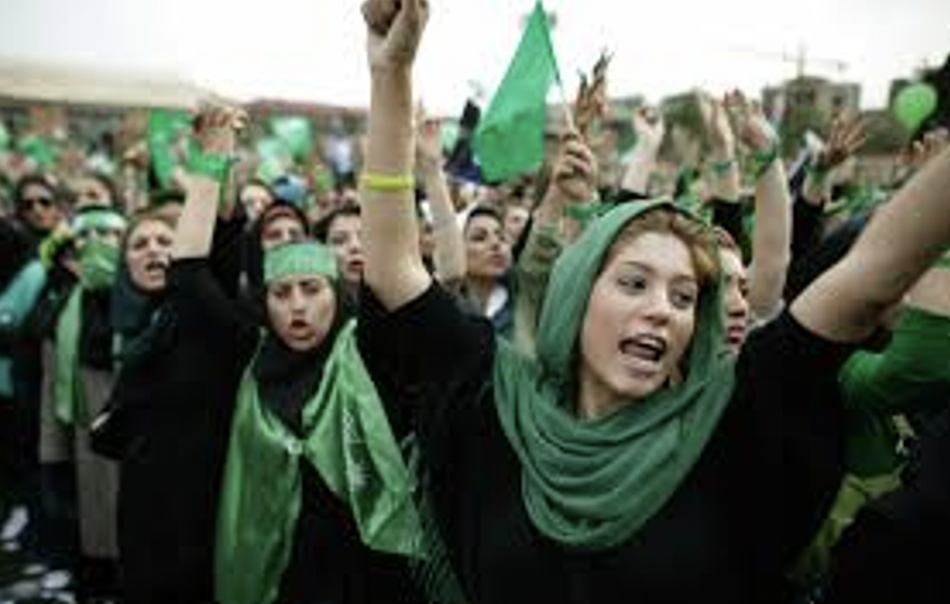Most states across the globe, including Muslim-majority countries, recognize women’s legal right to participate in politics, or to elect and be elected to political office and other representative bodies. Despite this recognition,women continue to be underrepresented in political institutions nearly everywhere, with many Muslim-majority countries ranking among the lowest countries in the world in terms of women’s political representation. Such marginalization of women is systemic and often built into political structures that discriminate based on various identity markers. Among them are gender, race, ethnicity, class, or property ownership. It is only as a result of great struggles by diverse groups and constituencies that democracy in practice has expanded to include the demands and rights of marginalized groups. WLUML’s Women and Politics program aims to support feminist activism to democratize politics through greater political participation and fulfillment of political rights for all, free from harassment and intimidation.
This WLUML program focuses on the political history of women’s organizing to receive state recognition of their political rights, highlighting the major opportunities and obstacles that they have faced and continue to face in their journey for equal political participation and representation. The program aims to develop a comparative study of women’s political roles and rights in various Muslim countries, and how they compare to other countries within the region. We aim to highlight the ways in which women in diverse political, cultural, and religious contexts across the Muslim world have worked from within their respective institutional and social realities to impact politics and policies related to women’s access to and presence in formal politics. In turn, this collaborative knowledge production will point the way towards future support that transnational and international women’s rights groups can provide to those working on the ground to expand political rights and representation.


